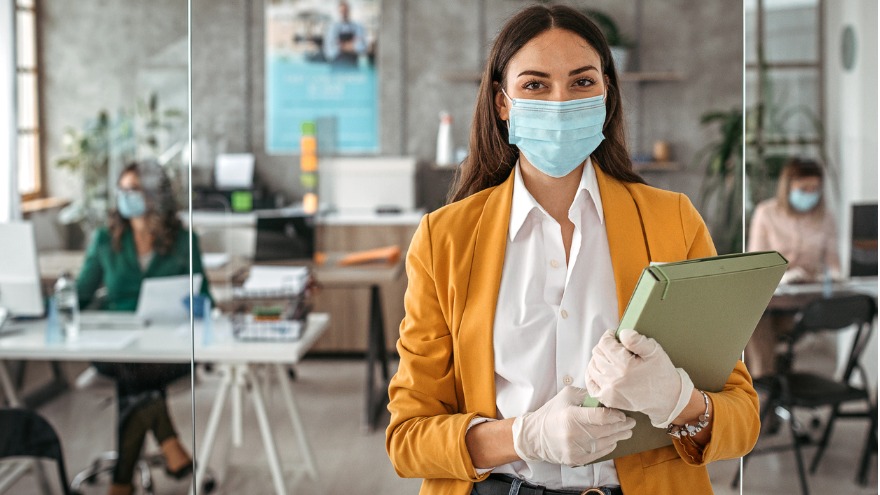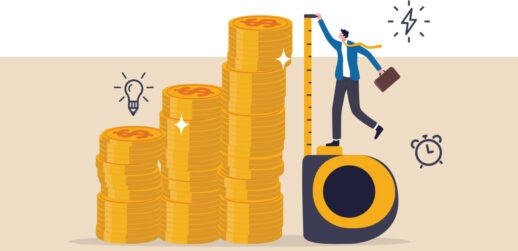The last six months have been a roller coaster for meeting professionals. In a lively webinar last week, Smart Meetings founder and CEO Marin Bright gathered four Smart Women in Meetings Award winners—Cindy Brewer, principal with LEO Events; Desi Whitney, senior vice president of sourcing operations and industry relations with HPN Global; Stefanie Maragna, vice president of corporate marketing and events with Sage Intacct; and Cheryl Rogers, corporate events manager with Solara Medical Suppliers—who have been buckled in for the ride.
Bright asked how they conquered COVID disruptions and positioned themselves to thrive in the future. Here’s a look back at how we’ve been feeling over the last 180 days.
Relive the Survivor Diaries Conversation Here On-Demand.
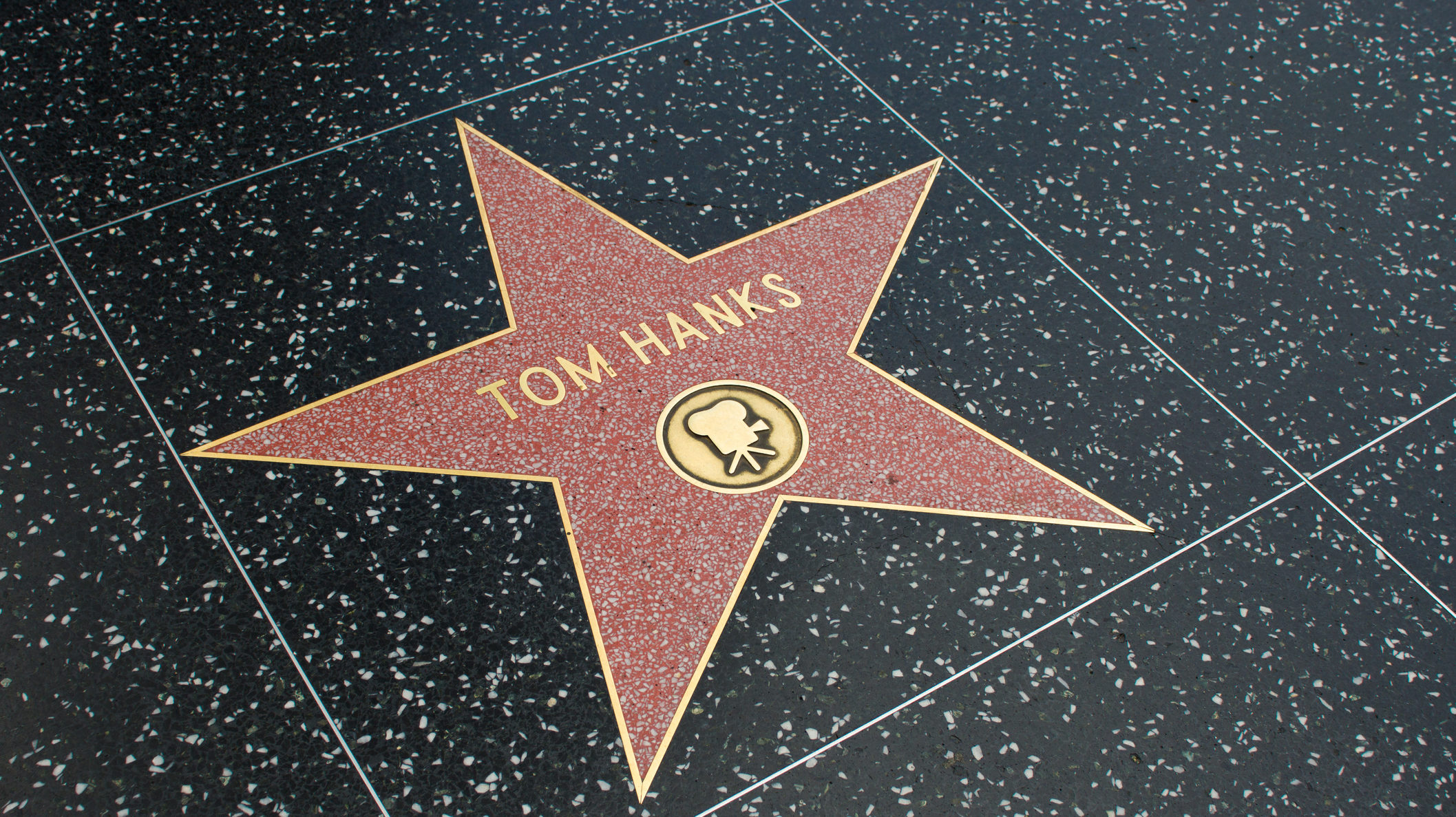
March 12: Tom Hanks was diagnosed with COVID-19. Meeting professionals suddenly realized they may not be leaving the house for a while and would have to cancel events they had been working on for a year, in some cases, all to flatten the coronavirus curve.
For Smart Meetings, the shift to working from home happened in a day. California Governor Gavin Newsom made the decision that within 24 hours everyone in the state would be required to shelter in place. The team quickly learned new processes and communication skills.
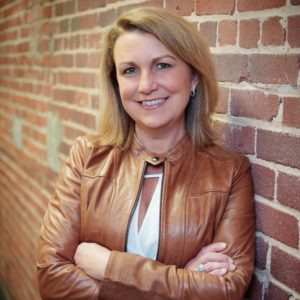
“At that point, a fight-or-flight mechanism kicks in. Some probably thought they would have time to catch up on a few books or television shows. Nope,” Marin Bright said. “Instead, we launched a series of products, including Smart U career education and The Smart Connection networking platform. Then we dove into producing virtual events right away.”
Emotional whiplash was a common symptom during those early days. “We were on track for having the best year ever, and we were loading in for a Walmart show the first of March when the cease-and-desist order came in. It was a shock,” said Cindy Brewer of her team at Leo Events.
“We quickly realized that there were many stages of grief, and that out of our 60 employees, everyone was in different stages of processing. As an employer, we had to help pull those people through while dealing with the fact that all our business had just disappeared,” she recalled.
Then the uncertainty kicked in. “We thought it would be three weeks at most,” Marin ventured. “Just a few temporary snow days. We basically left the coffee pot going for when we would get back.”
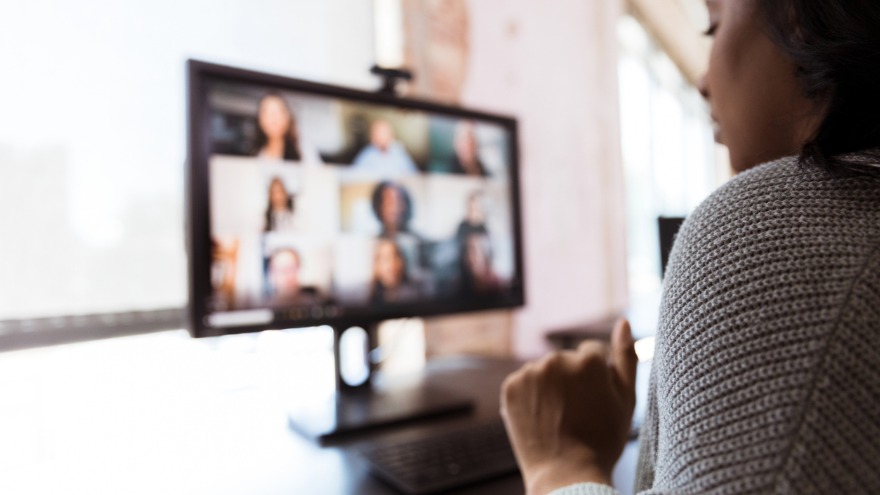
April 12: After a month with no sign of an end to the quarantine by Easter, it started to dawn on people that the world wasn’t going back to “normal” soon. That was when some realized they needed to get serious.
Cheryl Rogers decided this was the time to take the advice of friends and family who had long suggested she share her adventures while doing site visits and learning about destinations. That is when All About the Experiences: Living Without Limits, her podcast, was born. “It’s been a blessing to be able to spotlight and highlight positivity,” she said.
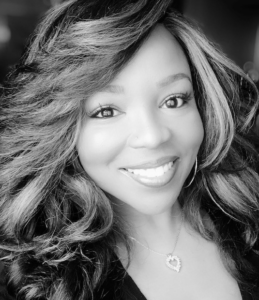
Desi Whitney defined her COVID months as a time of “scrambling.” In addition to her role with HPN, she focused on helping meeting professionals by creating a medical contingency plan she made available through her company, Emergency Concierge International. “We had such a lack of resources back in March and April, and we wanted to support planners on site and tell them exactly what to do and how to manage and be a resource,” she said. “We hope it helped save a meeting or two.”
Stefanie Maragna had just come out of a 1,000-person event for Sage Intacct when the stay-at-home order came and quickly had to make a decision about an in-person meeting happening in five days. She transformed it into a virtual event that drew 10 times more registration than projected for a physical meeting. “I think we will keep a virtual component even when we are back to meeting in person, because they enhance our programs,” she predicted.
She spent the following months refining that virtual experience, working with partners and trying to stay positive. “It has been challenging but also innovative, and we have been able to find ways to figure it out.”
Stefanie’s secret weapon? “We didn’t do this alone. It’s amazing how this community is supporting each other with tips and words of wisdom.”
Continue the conversation at The Smart Woman Summit November 10-11. Learn more here.
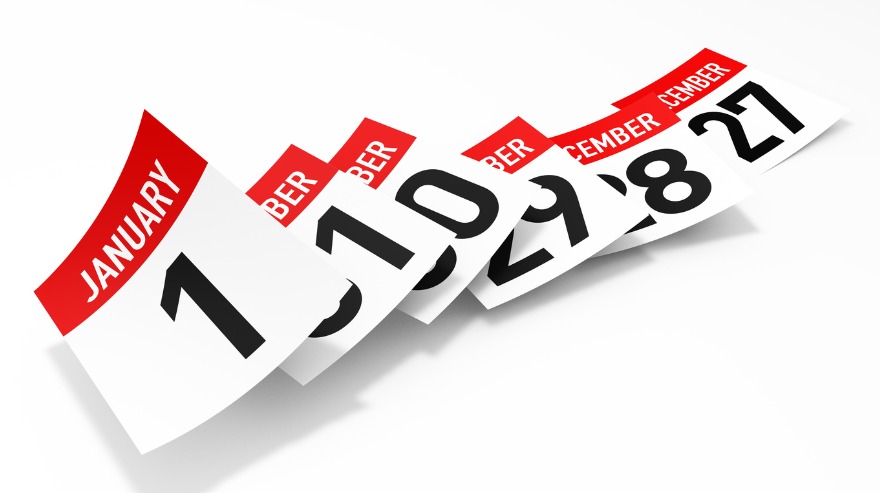
May: By the third month in, a lot of meeting professionals didn’t even know the day of the week anymore. Mental health became a priority along with physical and economic well-being.
Marin had to learn to let go—not something that comes easily to an entrepreneur. “There was just so much I couldn’t control, which is very challenging for somebody who’s used to being in charge,” she admitted. “I’ve always struggled with the word ‘surrender,’ but at some point, I realized I need to take care of myself with yoga, going for walks, meditating and listening to audio books.”
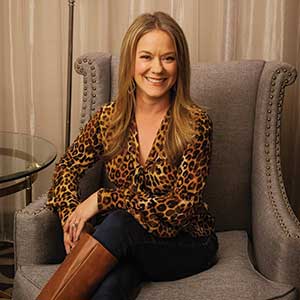
From her Zoom box, Desi described the “Corona Coaster” she felt she was on. “One day you’ve got the sourdough breadmaking going and everything is cooking and the next you’re drinking wine at 10 a.m. and falling apart.”
She explained a feeling that many identified with. “Some days my brain just wouldn’t show up. I would get in front of my computer, but I couldn’t think.”
On top of the disoriented feeling, she realized she was experiencing survivor’s guilt: “How did I get so lucky to be in this position?” She has learned to pick up the phone more now and check on friends. “I have also learned to ask myself, ‘What would I say if a friend were going through this?’ because we tend to be hard on ourselves and berate ourselves in ways we would never do to another person.”
Stefanie was nodding right along from her box on the screen. She has spent the last few months balancing the pivot to virtual and caring for a toddler who is home all day. “There was one point where I thought I was going to have to resign from my job because I couldn’t keep this going. Then I got a call from my boss that said do what you need to do.”
“I realized that some days just had to be more about the kids, because they needed us a lot more, right? And some days were more about work. And that’s OK.”
For Stefanie that often meant spending time with her three-year-old in the morning and sending emails at 10 p.m. or 2 a.m. or whenever she could find the time.
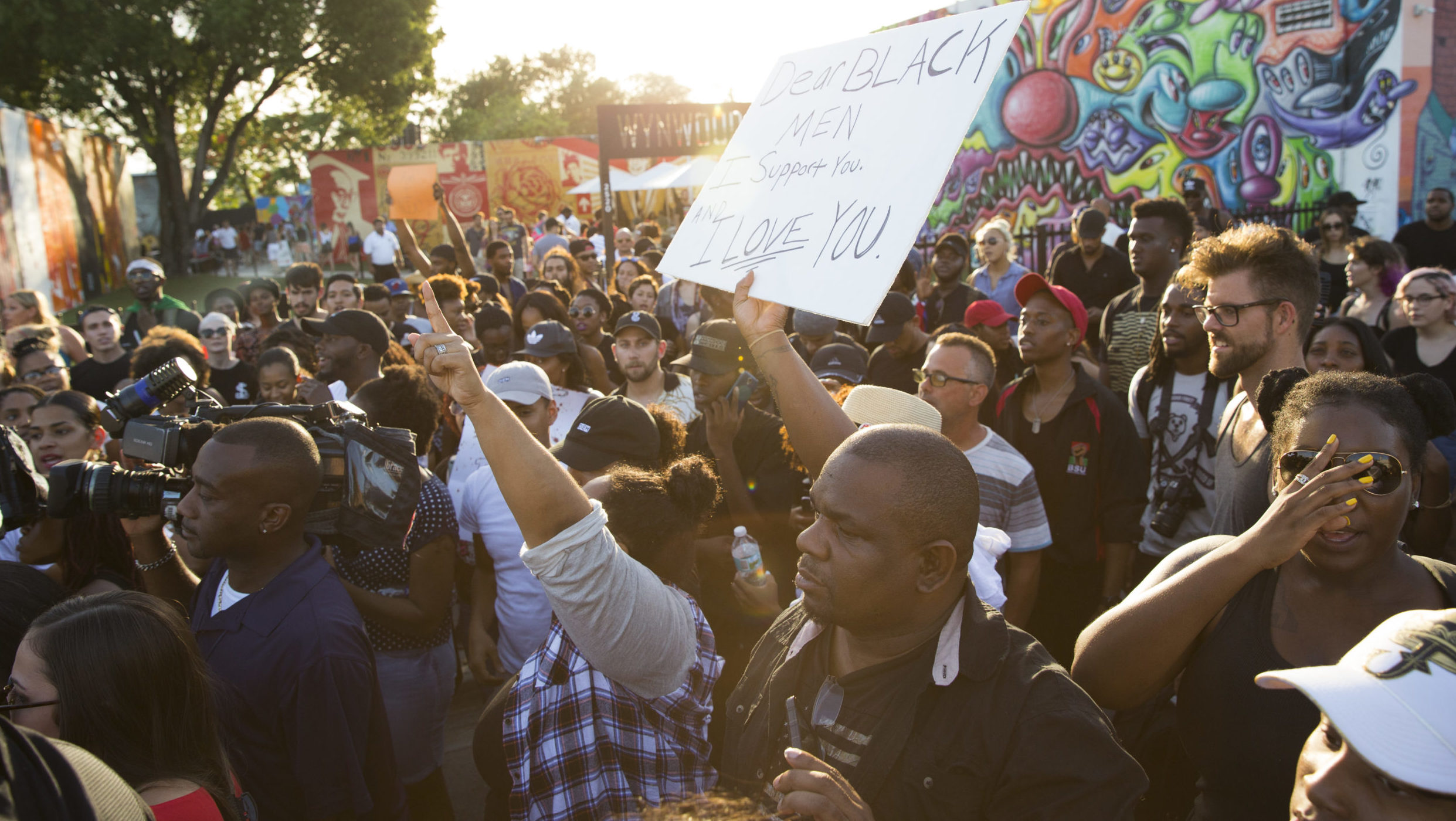
June 4: Now, in addition to a deadly pandemic, the country is in the middle of a civil rights movement. How to deal with grief when we can’t physically come together?
Cheryl lost three close family members during the pandemic and was challenged by the fact that her family couldn’t console each other and be supportive in the way they had in the past. “We felt a need to honor those lives and to give them a proper goodbye,” she said.
It was the same when the kids graduated and celebrations were banned. “We figured out something else with drive-bys and virtual graduations, but it’s still not the same as having that connectivity and that touch,” she shared. “It’s been very difficult dealing with that disconnect.”
Since she can’t hug it out anymore, Cheryl has taken to writing cards and letters and putting them in the mail, the old-fashioned way. “You have to find new ways to connect to people and let them know what they mean to you. Give people their flowers while they’re still here—even if it’s by way of a phone call,” she urged.
Cindy also found that she and her team were in the middle of a lot of grief at once. “For our company, first we had to deal with laying off some people when the work went away, and then in the middle of it the murder of George Floyd happened.” She had to try to help her employees through the hurt while dealing with the fact that she and her husband lost two parents during that time. She focused on what action she could take, partnered with National Civil Rights Museum and created an internal Diversity, Equity and Inclusion committee.
Marin also shared personal challenges that made this time difficult. Her mother was diagnosed with Alzheimer’s and is in an assisted living facility in another town. “I haven’t been able to see her in six months, but I have made friends with the nurse because I call so much.”
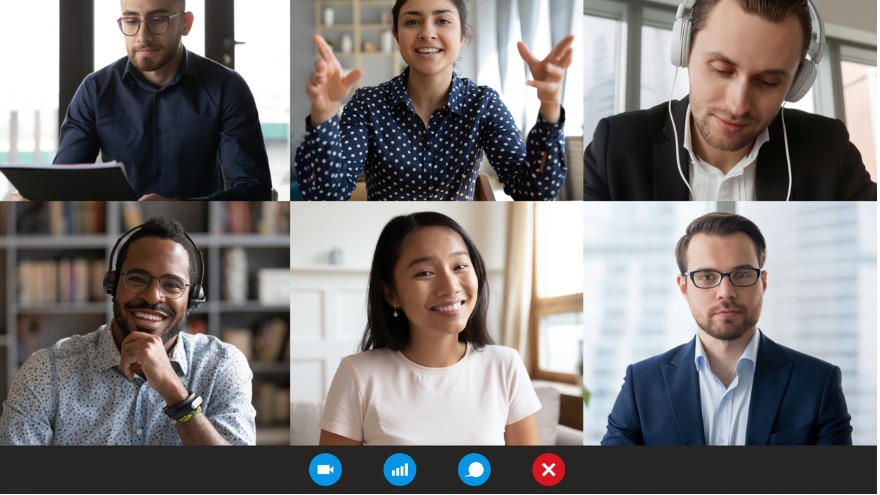
July 4: OK, we are officially Zoomed out—even though we are grateful we have the tool to stay connected—and freedom this year means no more zip-up pants. Meeting professionals have learned a lot since that fateful moment in March, including new technologies, new recipes and the importance of staying in touch with friends.
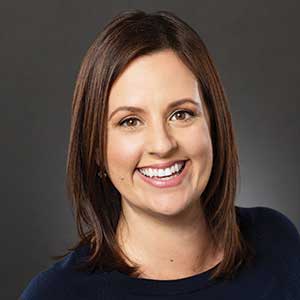
Desi is learning to declutter her to-do list. “The things taking up space that are not going to happen, I needed to let go,” she said with a flourish of her hands. “Almost everything about my life has changed. I am working remotely after almost 20 years of going into an office, our business looks completely different, my child is going to school at home. I don’t know when any of that will change, and it is all outside of my control. I have to be unattached to the outcome and just focus on breathing and taking everything a little slower.”
Stefanie has been making a conscious effort to send gifts to her staff to let them know she is thinking about them, doing virtual happy hours and supporting them in any way she can. “It’s the little things that really help,” she suggested.
August 12: ASAE’s Virtual Conference drew a staggering 14,000 people. We missed seeing everyone in Las Vegas, but a path forward is materializing.
Cindy was all about doing more with less. “We quickly figured out that our employees have to be generalists and be skilled in several different areas. We have to be nimble.”
She has been hosting regular Canvas Conversations in advance of an October virtual event and helping people get to know and learn from each other in a noncompetitive environment. “It is energizing to see that we’ve got friends all around the United States who are all doing some of the same things that we are, are experiencing the same things that we are.”
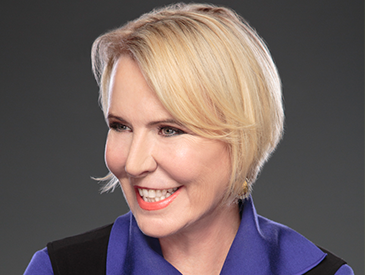
Desi decided to focus on optimism. “Quite frankly, we need to collaborate together and move things forward by creating competent, well-executed meetings.” She encouraged everyone to post about travels and showcase even what competitors are doing so people will be comfortable with gathering again.
Cheryl was completely on board with this approach. “We have got to get back out there, do actual site visits and see what it will look like and show that it is safe. We have to build confidence,” she stressed.
Marin professed her position as a die-hard live events proponent. “We need to sing from the mountain tops that meeting professionals designing a physically distanced event with all safety precautions in place is different than someone throwing a backyard barbecue.” She shared that she is purchasing Plexiglass by the pallet and planning a boutique, outdoor event using technology to warn people when they get too close. “We need to show people how to get back to business safely because the economy depends on it—and my mental health depends on it.”
